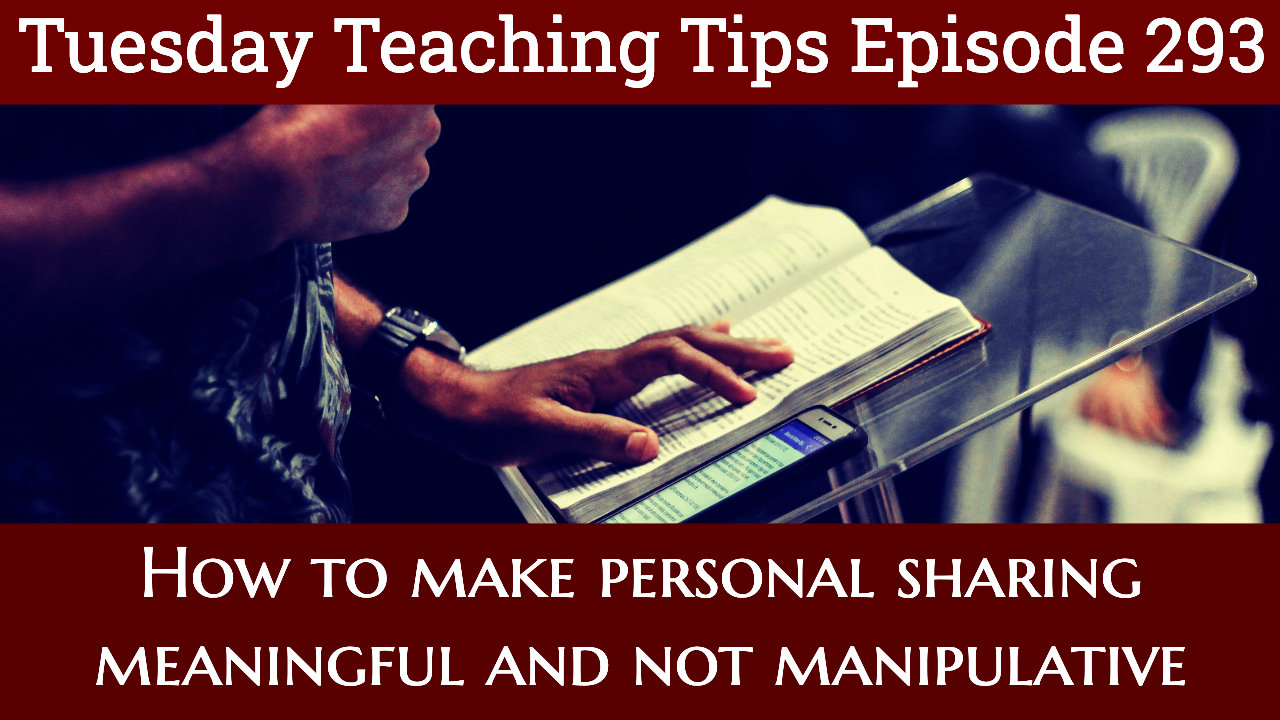A sermon for the Watford church of Christ

In preparation for today’s lesson I re-read the Dallas Willard book “Hearing God: developing a conversational relationship with God”.
As with all of Willard’s books, it is about much more than the actual title or theme. It’s really about what it means to know Christ and to live for him in this world. He sets up the book by noting that God wants a friendship with us. He references the Scriptures below. Take some time to read them and, as you do so, ask yourself what they are telling you about God’s desire for the kind of relationship he wants to have with you.
Ex. 29:43-46 “…there also I will meet with the Israelites, and the place will be consecrated by my glory. “So I will consecrate the tent of meeting and the altar and will consecrate Aaron and his sons to serve me as priests. Then I will dwell among the Israelites and be their God. They will know that I am the LORD their God, who brought them out of Egypt so that I might dwell among them. I am the LORD their God.”
Ex. 33:11 “The LORD would speak to Moses face to face, as one speaks to a friend. Then Moses would return to the camp, but his young aide Joshua son of Nun did not leave the tent.”
Psa. 23:1 The LORD is my shepherd, I lack nothing.
2 He makes me lie down in green pastures, he leads me beside quiet waters, 3 he refreshes my soul. He guides me along the right paths for his name’s sake.
4 Even though I walk through the darkest valley,
I will fear no evil, for you are with me; your rod and your staff, they comfort me.
5 You prepare a table before me in the presence of my enemies. You anoint my head with oil; my cup overflows.
6 Surely your goodness and love will follow me
all the days of my life, and I will dwell in the house of the LORD forever.
Is. 41:8 “But you, Israel, my servant, Jacob, whom I have chosen, you descendants of Abraham my friend…”
John 15:14 “You are my friends if you do what I command.”
Heb. 13:5-6 “Keep your lives free from the love of money and be content with what you have, because God has said, “Never will I leave you; never will I forsake you.” So we say with confidence, “The Lord is my helper; I will not be afraid. What can mere mortals do to me?””
Take some time to meditate on one or more of these Scriptures. How does it make you feel knowing that God wants this for you? The fact that it is God’s desire for you to have a conversational relationship with him is more important than what we want. Hearing God is more about his heart than our techniques. It’s about relationship. Part of that is about hearing God. Our goal is not to ‘hear’ from God as such. Our goal must be to understand and learn what it means to be in a conversational relationship with God and to enjoy hearing from him in whatever way he decides is best.
Is this important? Willard says this, “Today there is a desperate need for large numbers of people throughout our various social groupings who are competent and confident in their own practice of life in Christ and in hearing his voice.” 12
I agree. The world does not need diffident, insecure and unconfident Christians. What kind of God would that reveal to the world? No, the world needs confident Christians. That confidence must be in God, and not tainted by religious arrogance. That is why hearing from God is fundamentally about our submission and not our worthiness. That submission is something we will look at in the lesson today.
“So Eli told Samuel, “Go and lie down, and if he calls you, say, ‘Speak, LORD, for your servant is listening.’ ” So Samuel went and lay down in his place. The LORD came and stood there, calling as at the other times, “Samuel! Samuel!” Then Samuel said, “Speak, for your servant is listening.”” 1 Sam 3:9-10
The word ‘listening’ is the Hebrew word שָׁמַע, or, šāmaꜥ meaning to hear, listen and obey. The intention to obey is contained within the listening action. Listening to obey is one way we tune in to God’s wavelength. It is how we find the sound of his voice. Every Sunday our guitarists tune their instruments to the piano. It takes active listening to match the pitch of the guitar to that of the piano. Passive listening will not do it. In his book, “Letters by a Modern Mystic”, Frank Laubach says this about his progress to being a good God-listener:
“I feel like one who has had his violin out of tune with the orchestra and at last is in harmony with the music of the universe.”
Ideas and Questions for Reflection
1. In what ways do you think God might ‘speak’ to you?
2. How do you feel about developing a conversational relationship with God?
3. What part does submission play in developing that kind of relationship with God?
Please add your comments on this week’s topic. We learn best when we learn in community.
Do you have a question about teaching the Bible? Here’s the email: [malcolm@malcolmcox.org](mailto:malcolm@malcolmcox.org).
Please pass the link on, subscribe, leave a review.
God bless, Malcolm


